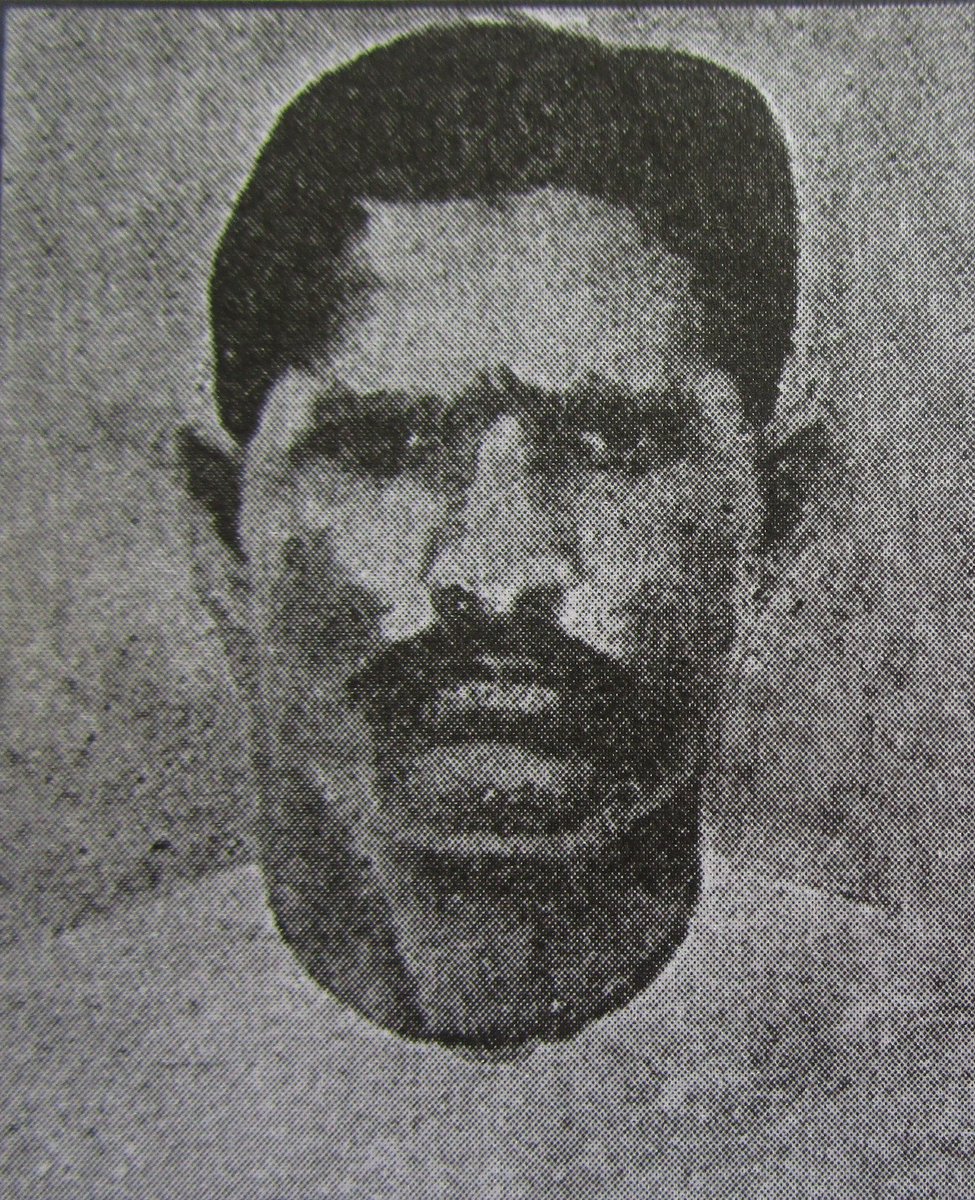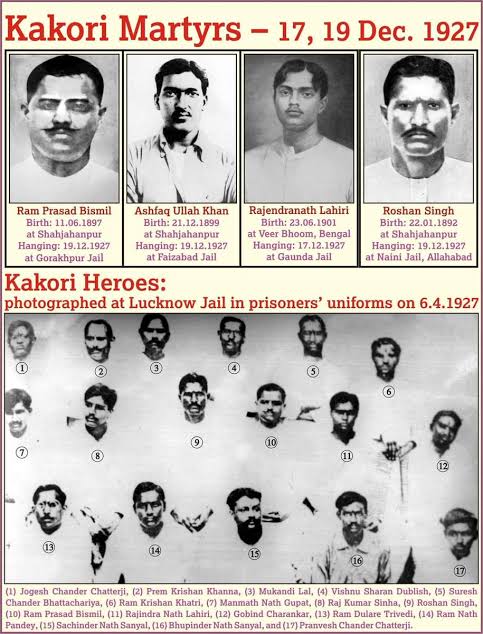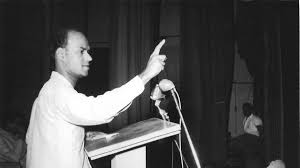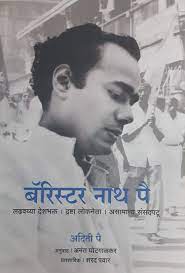History tells us about Mangal Pandey, but not #ChakkiKuntia, the priest for the Hindu Sepoys who rebelled against British in the war of 1857...
Isn't it surprising to know that this priest belonged to Puri Jagannath Mandir?
Does anybody knows that, he was the family priest or


Isn't it surprising to know that this priest belonged to Puri Jagannath Mandir?
Does anybody knows that, he was the family priest or



Panda of Meropanth, the father of Manubai/Manikarnika who was renamed Laxmibai after her marriage to Gangadhar Rao, the king of Jhansi.
Chakhi Khuntia was born on the eve of the sacred Shamba Dasami in Puri in the year 1827. His father, Raghunath Khuntia, was a devotee of
Chakhi Khuntia was born on the eve of the sacred Shamba Dasami in Puri in the year 1827. His father, Raghunath Khuntia, was a devotee of
Bhagwan Jagannath. He named his son Chandan Hajuri, after the sandal paste (Chandan) with which he used to dress the Bhagwan at the moment of his birth.
His mother was Kamalabati. After early education in his village, he learned Sanskrit from Pandit Harihar Brahma.
His mother was Kamalabati. After early education in his village, he learned Sanskrit from Pandit Harihar Brahma.
Thereafter he successfully learned Hindi from Ram Dayal Thakur. For the priests, knowledge of Hindi was essential as they had to communicate with the pilgrims coming from northern Bharath to Puri. As he also possessed a very good physique, he learned and practiced wrestling in
the traditional akhda of Jaga Gharas of Puri and he himself trained many youths of Puri in wrestling and traditional military exercise. He was also known as a master wrestler of his time.
It is also said about him that he had also interest in the history and geography
It is also said about him that he had also interest in the history and geography
of the country, her hoary heritage, and heroic tales of its national leader.
Christian missionaries, backed by the British rulers, began spreading anti-Hindu propaganda in the early 1800s. Rev. Claudius Buchanan depicted Bhagwan Jagannath as a “Juggernaut”, who crushes naïve
Christian missionaries, backed by the British rulers, began spreading anti-Hindu propaganda in the early 1800s. Rev. Claudius Buchanan depicted Bhagwan Jagannath as a “Juggernaut”, who crushes naïve
devotees and causes a bloodbath in his work papers. He went on to say that Jagannath is the Hindu equivalent of Moloch, who makes child sacrifices. Meanwhile, Christian missionaries began a crackdown on temple dancers, also known as nartakis, who were denigrating Odissi,
Bharat Natyam, and other traditional dance forms. The temple dancers were labelled “prostitutes” and condemned. Chakhi Khuntia actively campaigned against Christian Missionaries and their destructive propaganda.
In the war with the British force when the Jhansi army was
In the war with the British force when the Jhansi army was
gradually losing, both Lakshmi and Chakhi fled from the town. While Laksmi fighting with the troop was being chased by them, Chakhi In the guise of a hermit Ganga Das escaped to Gwalior and stayed there in a hermitage. It is said that the queen, marked with several injuries
in her body after reaching Gwalior, died in this hermitage and Chakhi performed the last rite. Thereafter he was arrested in Gaya and lodged in jail.
Chakhi spent the last part of his life at Puri. He was not allowed to go anywhere else. He devoted himself to literary pursuits
Chakhi spent the last part of his life at Puri. He was not allowed to go anywhere else. He devoted himself to literary pursuits
and religious rites relating to Lord Jagannath. He composed a lot of poems, most of which are devotional songs. Some of his songs are expressing his great displeasure and deep indignations at the inhuman and suppressive measures of the British Government. Many of his writings
are still unknown and might have been lost or damaged. It is said that one of his palm-leaf manuscripts was entitled "Manubai", the original name of Laxmibai, queen of Jhansi. He died in 1870 at the early age of 43 only.
#ChakkiKuntia
#ForgottenHeroes
#VANDEMATARAM
#ChakkiKuntia
#ForgottenHeroes
#VANDEMATARAM
• • •
Missing some Tweet in this thread? You can try to
force a refresh














